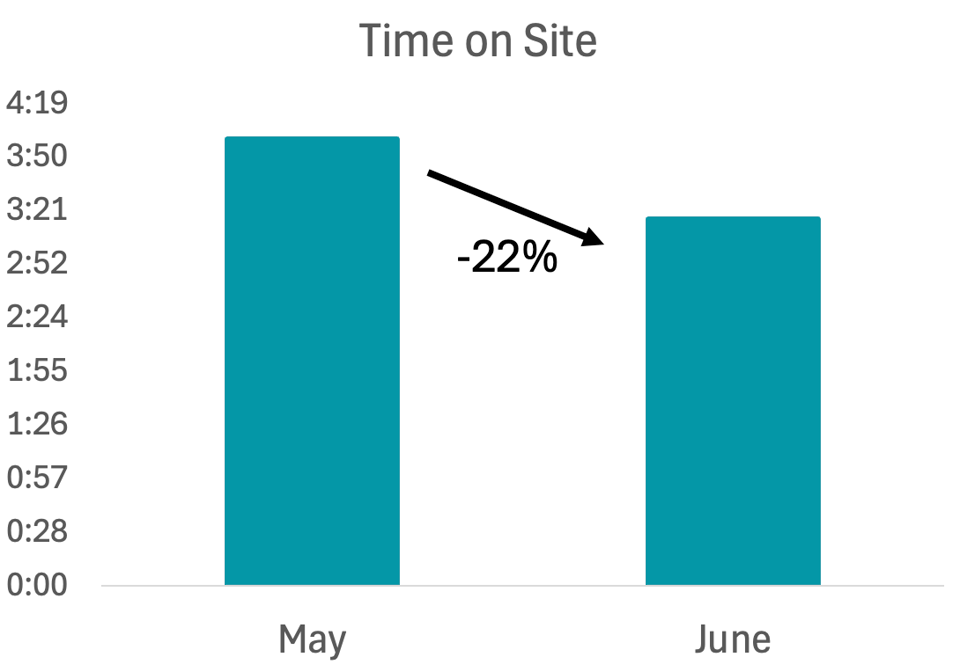Data vs. Gut - Is The Choice Clear?
I was once told that leadership didn’t want to pay to build reports that could help our business because they were 'already winning'. Philosophical questions about greed aside, this response made me take a step back. Why wouldn’t they want data to guide their strategy? Surely knowing the numbers will make decisions a no-brainer!
I realized that many organizations focus on what they already know to guide their growth and think that, if they start using data, they’ll have to abandon their current methods. They pit their instincts against data. And, admittedly, early in my career, I thought the opposite. That data should be every business’s recommendation engine. Findings over feelings. Data over discretion. Numbers over notions.
So who was right?
Key Takeaway - Data vs. gut is a false choice. You need both.
The truth is data should complement what you are already doing. It should always be seen as additive and not a replacement. Data gives you the facts. Your knowledge of the business gives you the context. In fact, one without the other can INCREASE risk instead of reducing it.
Say you run an e-commerce site, and you check your analytics to find that average time on site is down 22%. Clearly, people are less engaged. They’re spending less time exploring your site. Bad news.

But what if, last month, you added a button on your homepage that lets users skip the fluff and jump straight to the product page? And what if your purchase rate went up? Suddenly, that lower engagement time is a win. Less time clicking, more time buying. Good news!
Or maybe your marketing team ran a campaign that doubled your traffic, but brought in lower quality users who bounced quickly. Now it’s a neutral story. Expected. Contextual.
One metric. Three different stories: negative, positive, and neutral. All crucially dependant on context.
Your business intuition knows that you just launched a new product, changed your pricing, or had a supplier issue. Your data shows the ripple effects of those events. Separately, they’re incomplete. Together? They’re insight.

